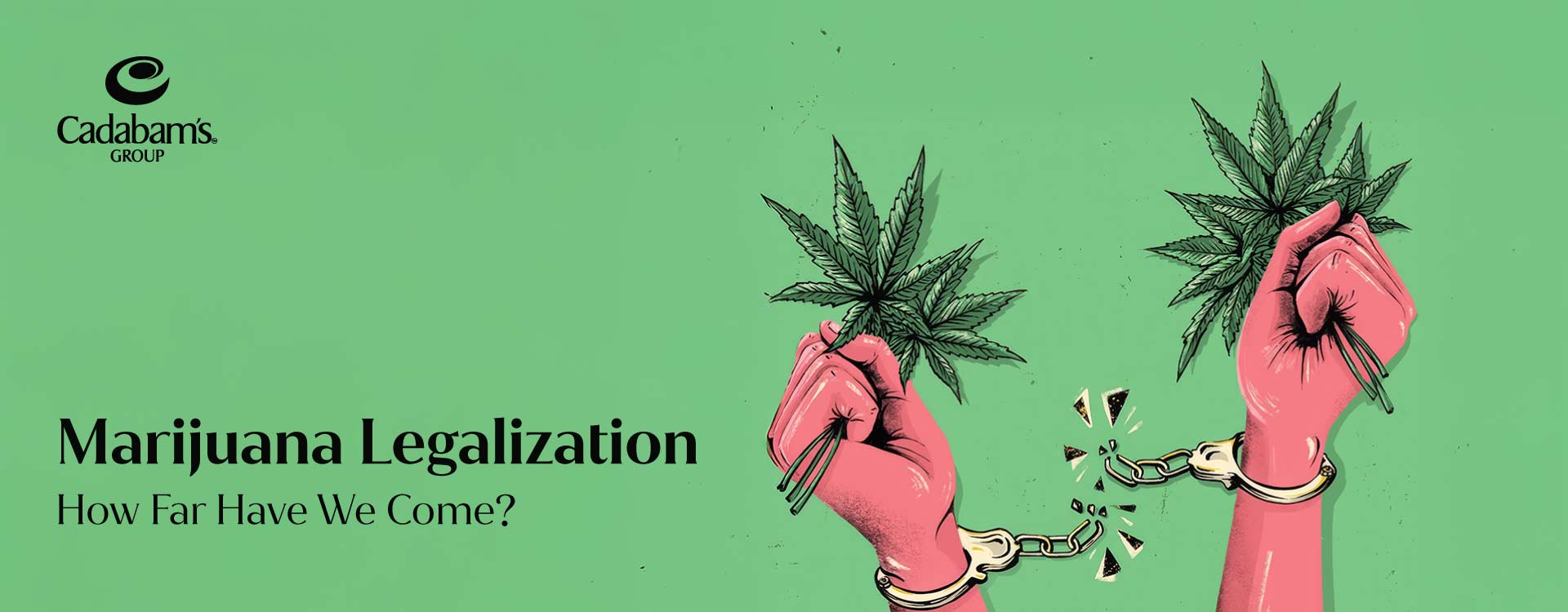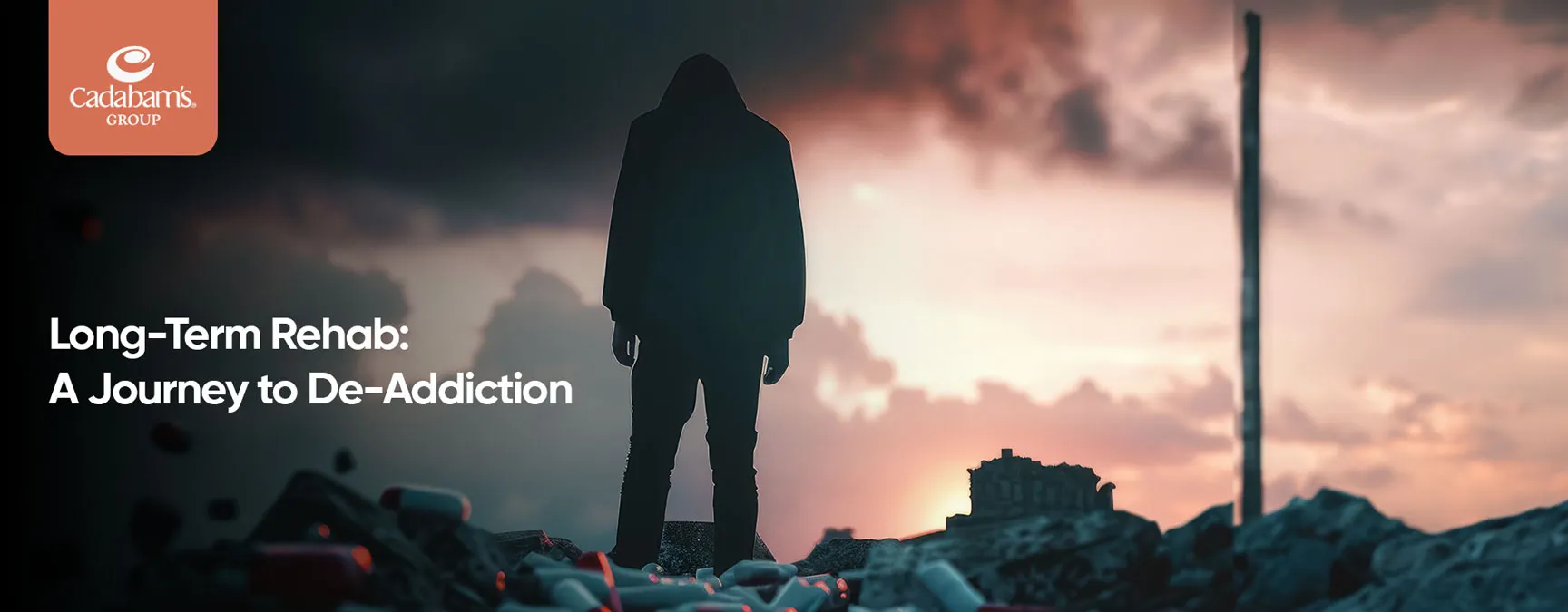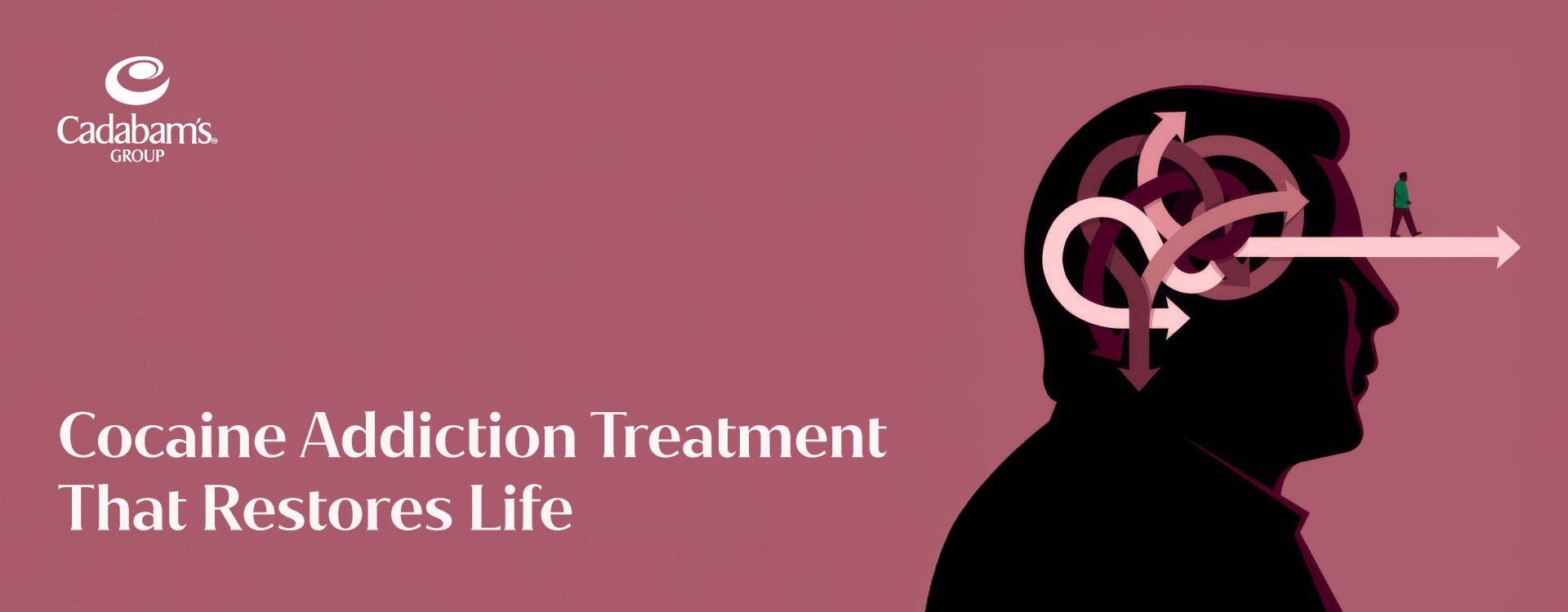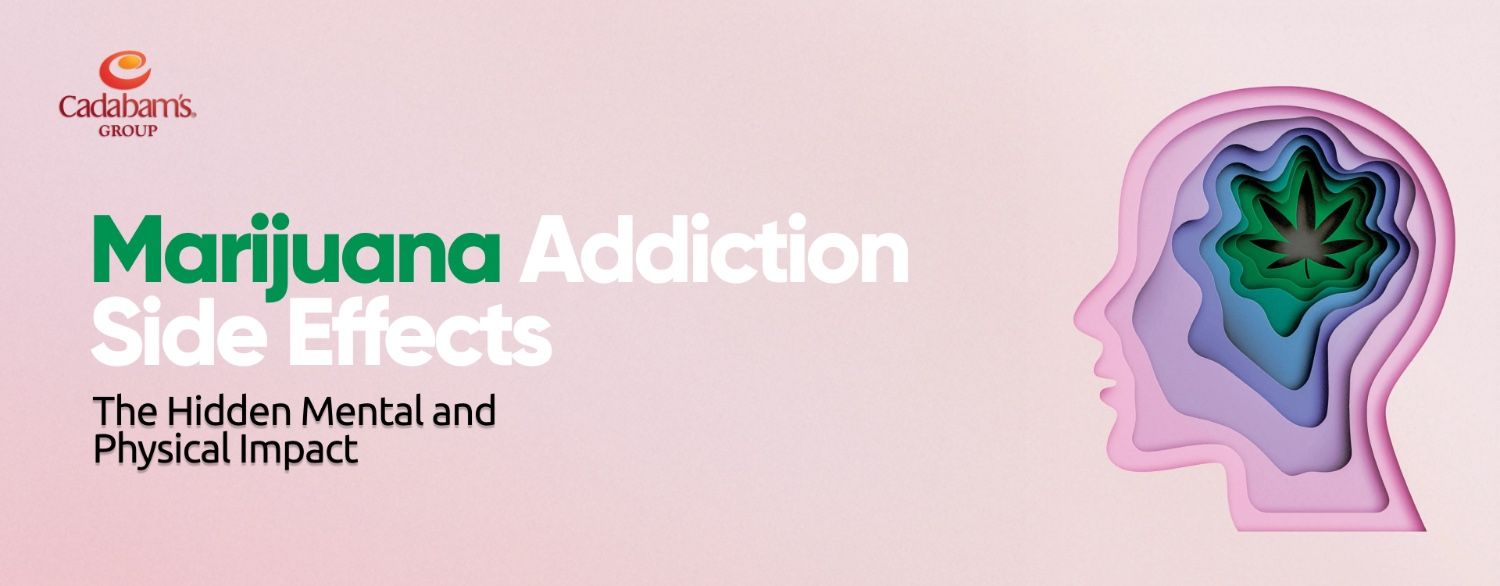Drug Addiction
Drug Addiction or Substance Abuse is when the individual loses their ability to regulate the intake of substances or become dependent on a drug to function in daily life. What substances can cause addiction? Alcohol, marijuana, recreational drugs, and prescription drugs can all cause addiction. Individuals can get exposed to the drug under various circumstances. These can include parties, influence of friends, or even prescriptions for specific conditions.
All substances have adverse effects on the human body. However, addiction leads people to overlook these adverse effects. In case they are prevented from accessing the drug, they exhibit withdrawal symptoms like paranoia, headache, stomach aches, fever and irrational behaviour.
Signs & Symptoms of Drug Addiction
Identifying Substance Misuse in a Loved One
- Decline at work/school
- Health issues
- Neglect of personal care
- Social/behavioral changes
- Financial problems
Our Professionals
Causes of Drug Addiction
Causes of drug addiction are multifaceted, involving genetic predisposition, environmental factors, peer pressure, emotional distress, and early exposure.
Genetics
Genetics plays a crucial role in the likelihood of developing drug addiction. Research indicates that genetic predisposition accounts for 40-60% of an individual's risk. This genetic vulnerability influences how one's brain reacts to drugs, potentially leading to faster and more intense addiction development compared to others.
Environment
An individual's environment, including family, friends, socioeconomic status, and exposure to drug use, significantly impacts addiction risk. Early exposure to drug use, lack of parental supervision, and social environments that normalize substance abuse can increase the likelihood of developing drug addiction, reinforcing behaviors and attitudes conducive to substance abuse.
Comorbidity
Comorbidity refers to the coexistence of drug addiction with other mental health disorders, such as depression, anxiety, or bipolar disorder. Individuals often use drugs as a form of self-medication for these conditions, leading to a cycle where both the mental health issue and the drug addiction exacerbate each other, complicating treatment and recovery processes.
Psychological Factors
Psychological factors significantly influence the risk of drug addiction. Mental health disorders, stress, and trauma can drive individuals towards using drugs as a coping mechanism or form of self-medication. This misuse can lead to dependency, as the drugs provide temporary relief or escape, thereby increasing the likelihood of developing an addiction.
Limited Access to Resources
Limited access to resources such as education, employment opportunities, and recreational activities can contribute to drug addiction. When individuals lack these resources, they may turn to drugs as a form of escape or entertainment, seeking solace or excitement in substance use amidst their unmet needs and aspirations.
Risk Factors for Developing Drug Addiction
Risk factors for developing drug addiction include genetic predisposition, mental health disorders, peer pressure, lack of family involvement, early exposure to drug use, and traumatic experiences such as abuse or neglect. Environmental stresses, socio-economic status, and accessibility to drugs also play significant roles. These factors can interact in complex ways, increasing the vulnerability of an individual to substance use disorders.
Drug Addiction Recovery Guide
Understand the various aspects of this condition

Types of Drug Addiction
Types of drug addiction encompass a range of substances, from legal prescriptions to illicit drugs, each with unique effects and challenges.
OTC Drugs
Addiction to over-the-counter (OTC) or prescription medications can be as damaging as dependency on illegal substances like cocaine, methamphetamine, or LSD. These legal drugs can induce a significant high, making it challenging to break free from their hold. Addiction to OTC drugs often begins when individuals misuse medication by taking it in ways not intended by the prescription—either drugs prescribed to themselves or others, in higher doses for the euphoric effect or for recreational use rather than for medical reasons. Misuse of prescription drugs can lead to serious mental health issues, including anxiety, depression, and stress. A prevalent example of OTC drug misuse is the consumption of excessive amounts of cough syrup containing codeine, known colloquially as "lean," to achieve a euphoric state.
Opioid drug addiction
Heroin, crystal meth, LSD, ecstasy, and MDMA are classified as part of opioid addiction. For those addicted, obtaining these drugs can be challenging, and the comedown from their highs often leads to symptoms such as fever, fatigue, agitation, anxiety, and irritability, persisting until the next euphoric experience. Recovery from addictions to opioids is particularly arduous and prolonged due to their physiological solid dependence.
Marijuana
Marijuana is frequently labeled as a gateway drug for many individuals, typically introduced at social gatherings or parties. While medical marijuana is legal in some countries, it remains prohibited in many others. Excessive use can lead to a state of lethargy, as well as cognitive impairments such as memory loss and decreased appetite.
Nicotine in cigarettes
Nicotine ranks among the most addictive substances worldwide, providing a fleeting sensation of euphoria that quickly leads to a desire for more, prompting continued use until satisfaction is achieved. Due to the high tolerance humans develop for nicotine, individuals often find themselves smoking increasingly larger quantities to experience the desired effect. Moreover, nicotine is a leading cause of cancer and various other health conditions.
Barbiturates, benzodiazepines and hypnotics
These central nervous system depressants are used to treat anxiety, insomnia, and seizure disorders. However, they carry a high risk of addiction. Misuse can lead to respiratory distress, coma, or death. Withdrawal from these substances is particularly dangerous and can be life-threatening without proper medical supervision.
Meth, cocaine and other stimulants
Stimulants like methamphetamine and cocaine increase alertness, attention, and energy. Their high potential for addiction stems from the intense euphoria they produce, leading to serious physical and psychological effects, including heart problems, paranoia, and aggressive behavior. Withdrawal symptoms include depression and extreme fatigue.
Club drugs
This category includes substances commonly used in nightclubs and parties, such as MDMA (Ecstasy), GHB, and ketamine. They are known for altering perception and enhancing sociability, but they can lead to serious health risks like dehydration, heatstroke, and in severe cases, fatal respiratory issues.
Hallucinogens
Substances like LSD, psilocybin (magic mushrooms), and PCP cause profound alterations in perception, mood, and thought. The risk of psychological addiction includes the potential for experiencing terrifying delusions and visual hallucinations, with long-term use possibly leading to persistent psychosis and flashbacks.
Inhalants
Inhalants encompass many breathable chemical vapors that produce psychoactive effects, including household products like glue, paint thinners, and nitrous oxide. Their effects are immediate and can include euphoria, but chronic use can lead to serious damage to the heart, kidneys, lungs, and brain.
Opioid painkillers
Opioids, including prescription medications like oxycodone, hydrocodone, and fentanyl, are potent pain relievers with a high addiction potential. They produce euphoria alongside pain relief, but misuse can lead to overdose deaths, particularly with the rise of synthetic opioids, which are significantly more potent than their natural counterparts.
Emergency service
Find nearest mental health center now

Residential Treatment or Drug Rehab Centres
Residential treatment or drug rehab centers offer a structured environment for overcoming addiction, providing medical detoxification, therapy, and support groups to address the physical and psychological aspects of addiction. These programs customise treatment plans to meet individual needs, facilitating recovery through a holistic approach. For comprehensive care and support on this journey, consider Cadabams, a state-of-the-art facility dedicated to helping individuals regain control over their lives and embark on recovery.
Rehabilitation for Drug addiction
Rehabilitation for drug addiction is a multi-faceted process that addresses the physical, psychological, and social aspects of dependency. It includes medically supervised detoxification, behavioral therapies, counseling, and support groups aiming to treat the underlying causes of addiction. Rehabilitation programs often provide skills training, relapse prevention education, and aftercare planning to ensure long-term sobriety. The goal is to empower individuals to rebuild their lives, maintain sobriety, and enhance their overall quality of life.
Empowering Lives: Cadabams' Commitment to Overcoming Drug Addiction
Cadabams is dedicated to empowering lives by overcoming drug addiction, offering a beacon of hope through comprehensive rehabilitation services. With a blend of advanced medical care, psychological support, and personalized treatment plans, Cadabams commits to guiding individuals through their recovery journey. Our approach fosters resilience, healing, and a sustainable path toward sobriety, emphasizing the dignity and potential of every individual seeking a new beginning.
Listen to Our Expert Insights on Drug Addiction
Our centres where we treat Drug Addiction
Diagnosis of Drug Addiction
The diagnosis of drug addiction involves a comprehensive evaluation by healthcare professionals, including a detailed medical history, physical examination, and often, psychological assessments. Criteria from the Diagnostic and Statistical Manual of Mental Disorders (DSM) guide the diagnosis, focusing on patterns of substance use that lead to significant impairment or distress. This includes compulsive drug seeking, inability to control drug use, tolerance, withdrawal symptoms, and the neglect of major roles in life due to substance use. Additional tests may include blood, urine, or other laboratory screenings to detect drug presence.
When to See a Doctor?
Seeking a doctor's advice is crucial when substance use interferes with daily life, such as affecting relationships, job performance, or health. Warning signs include an inability to stop using the substance despite wanting to, experiencing withdrawal symptoms, or using drugs to cope with problems. Early intervention can prevent the escalation of addiction and facilitate the journey towards recovery and improved well-being.
Drug Addiction Treatment Options
Drug addiction treatment centers are available to help people find a way to escape drug addiction and substance abuse. Many treatments of drug addiction provide tools and therapy that effectively defeat the drug addiction and get them back on the right path. Constant drug abuse treatment will set the patient on a happy, productive, and successful journey. Drug rehab centers help guide sufferers with 12-step programs. They also include therapeutic sessions and interventions with counseling, cognitive behavioral therapy, and group therapy like yoga, meditation, etc. Most reputed treatment centers provide drug addiction treatment with round-the-clock assistance and care. They include qualified counselors with years of experience, general psychiatrists, physicians, and psychologists. The patients are provided with expert medical care and support, which will help them recover from addiction.
The best treatment of drug addiction is admitting the patient to a rehabilitation center because it provides them with a safe and comfortable atmosphere. Effective drug abuse treatment also includes preventing any relapse. Post-rehab therapy is crucial because it prevents them from falling into the pits of addiction and start the cycle of substance abuse all over again. There are many ways to help a patient through the process of drug recovery. Depending on the nature of the addiction, drug rehab centers and methods for treatment and rehabilitation of drug addicts are prescribed. The most common forms of drug addiction and their treatment are:
- Detoxification: The patient could choose to go through the detoxification process at home or in drug detox facilities. Rehab is recommended as the patient would otherwise have to go through severe withdrawal on their own and would not have any medical assistance if something were to go wrong. Adding to that, being in a drug addiction treatment centre increases the chances of recovery and mitigates the chances of relapse to a great extent.
- Behavioural Counselling: Behavioural counseling is yet another form of drug addiction treatment as it constantly engages the mind of the patient and keeps them from being around their triggers. Counseling has also proven effective for patients to identify their triggers and plan a way to work around the urge to get high.
- Medication: Medication in the form of nicotine patches, gums, opioid treatments, or medication for alcohol has proven effective. However, it is essential for recovering patients to inform doctors when they consult them for non-addiction problems. This will ensure that the consulting physician does not prescribe any drugs that could potentially send you back to a relapse. The above methods are efficient for long-term recovery. However, it is essential that the patient works with the doctor and get a tailored treatment plan for maximum efficiency in controlling the urge.
Subscribe to our newsletter
Find out about centres, daily updates and more about mental health

Why Cadabam's?
Cadabams is leveraging 28 years of its experience to establish the best drug rehabilitation center. Combining experience with innovative treatment methods, our center for drug rehab hopes to give everyone who walks through our doors an optimal route to recovery. Our treatment center combines various approaches to help you overcome drug abuse and addiction while ensuring you are able to resist your drug cravings in the long term.
Facilities & Amenities
Frequently Asked Questions
Yes, drug addiction can severely impact work performance and relationships. It can lead to absenteeism, poor concentration, conflicts, financial problems, and strained family or social connections. Early intervention and treatment help restore functioning and repair relationships.
Yes, genetics can play a significant role in drug addiction. Individuals with a family history of substance use disorders are at higher risk, though environmental factors, stress, and personal choices also influence the likelihood of developing an addiction. Genetics increase vulnerability but do not guarantee it.
Anunitha specializes in treating addiction issues, including alcohol and drug dependency. We also offer treatment for co-occurring mental health disorders, such as depression, bipolar disorder, and anxiety, through a comprehensive approach to support long-term recovery.
Addiction alters family dynamics. It leads to fear of abandonment, increased anxiety, anger, embarrassment, concern, and guilt. It makes families want to separate from the dependent person. Addiction increases the risk of further addiction and mental health disorders in families too.
Addiction leads to an increase in the release of pleasure chemicals like dopamine, epinephrine, etc. This alters the neurological pathways and behavior becomes more reflexive. Addiction has long term effects on judgment, decision making, learning, memory and behavior control which makes it hard to stop consumption.
Many risk factors increase chances of developing addiction like aggressive behaviour, lack of supervision, genetic factors, age of first substance consumption, etc. Followed by craving, binging and withdrawal. The process of addiction starts with pleasure, then relief from stress and better performance, then tolerance, and finally dependence.
Case Studies
Our Programs
Our Testmonials
Blogs you may be interested in
Helpline at your fingertips
+91 9611194949

.webp)








-min.webp)



.avif)

-min.webp)

.avif)

.avif)
.webp)

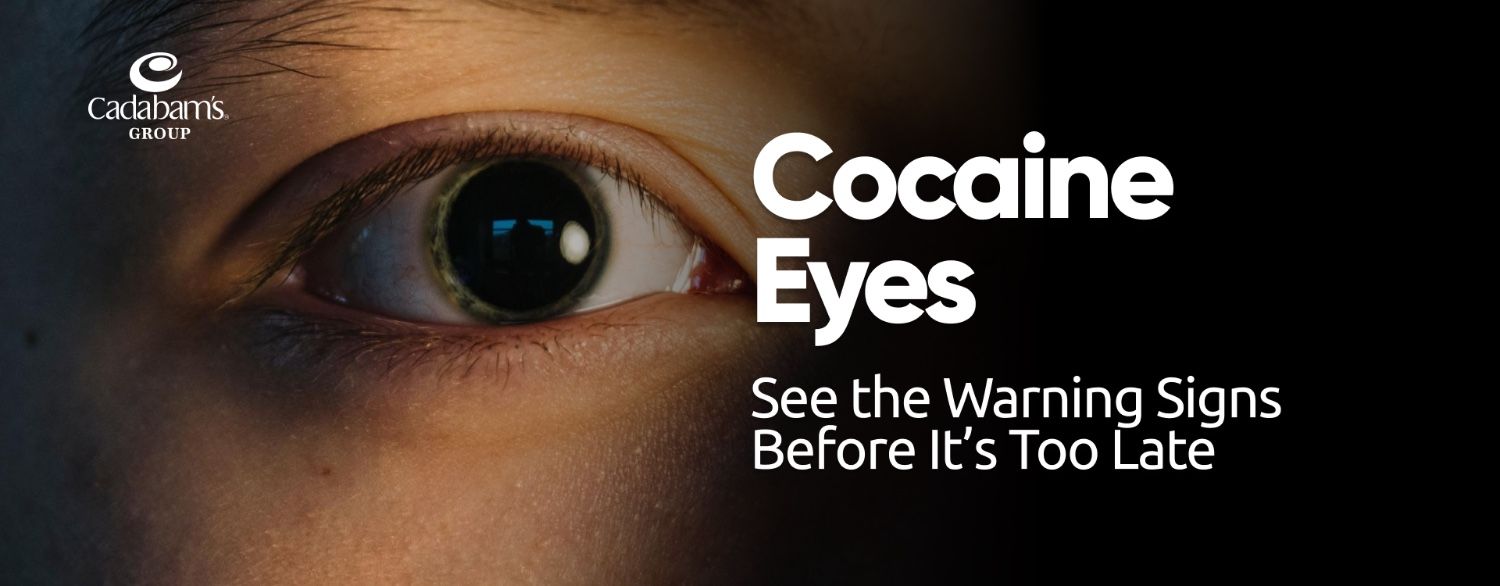
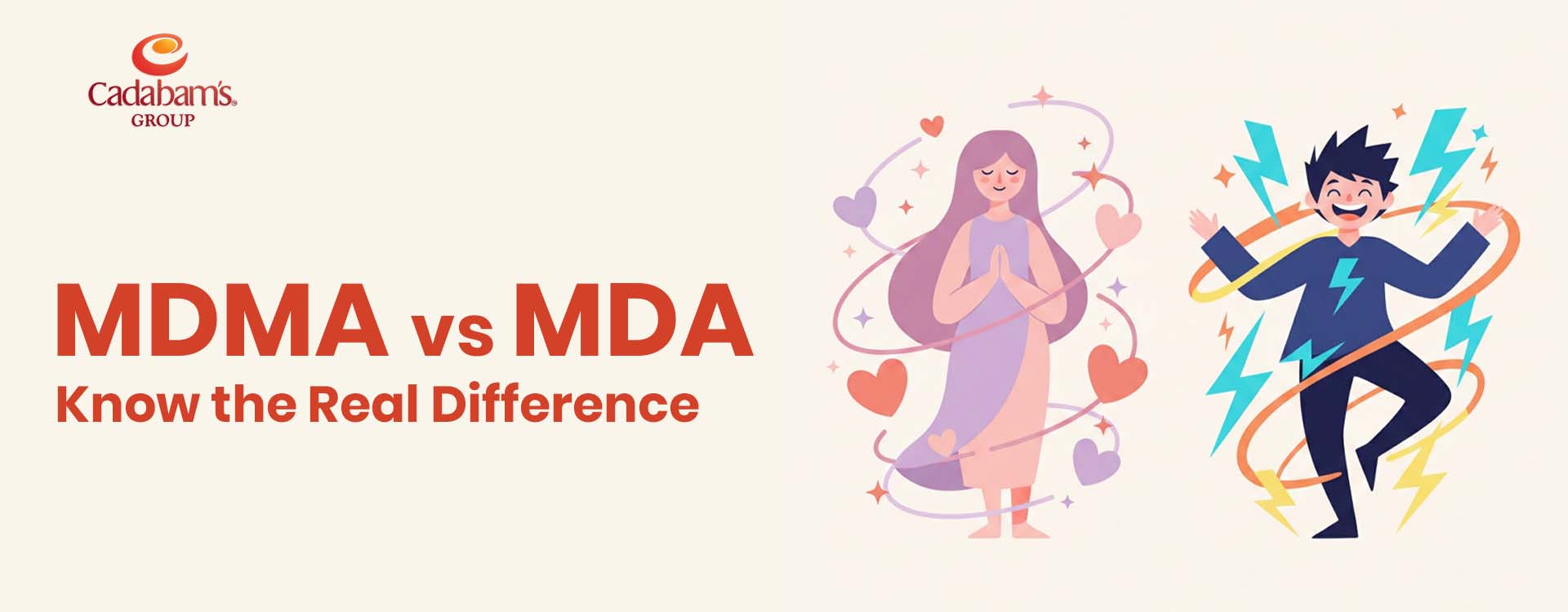



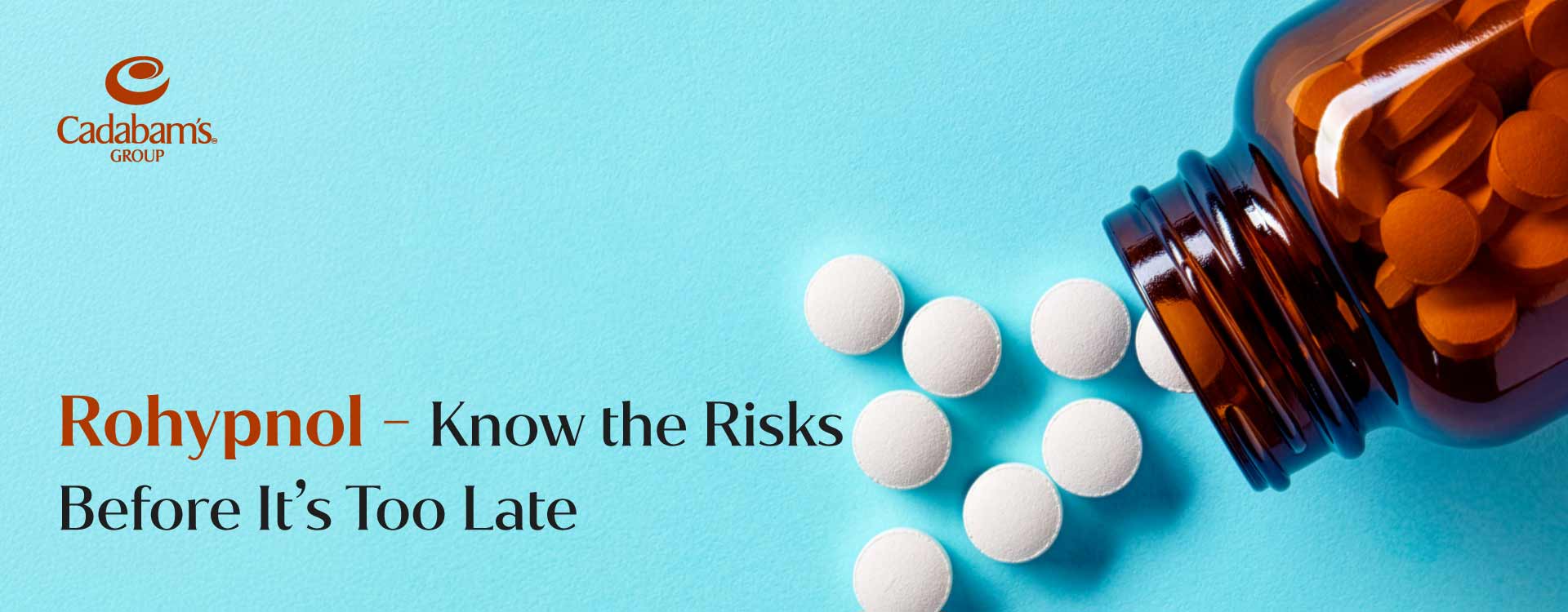
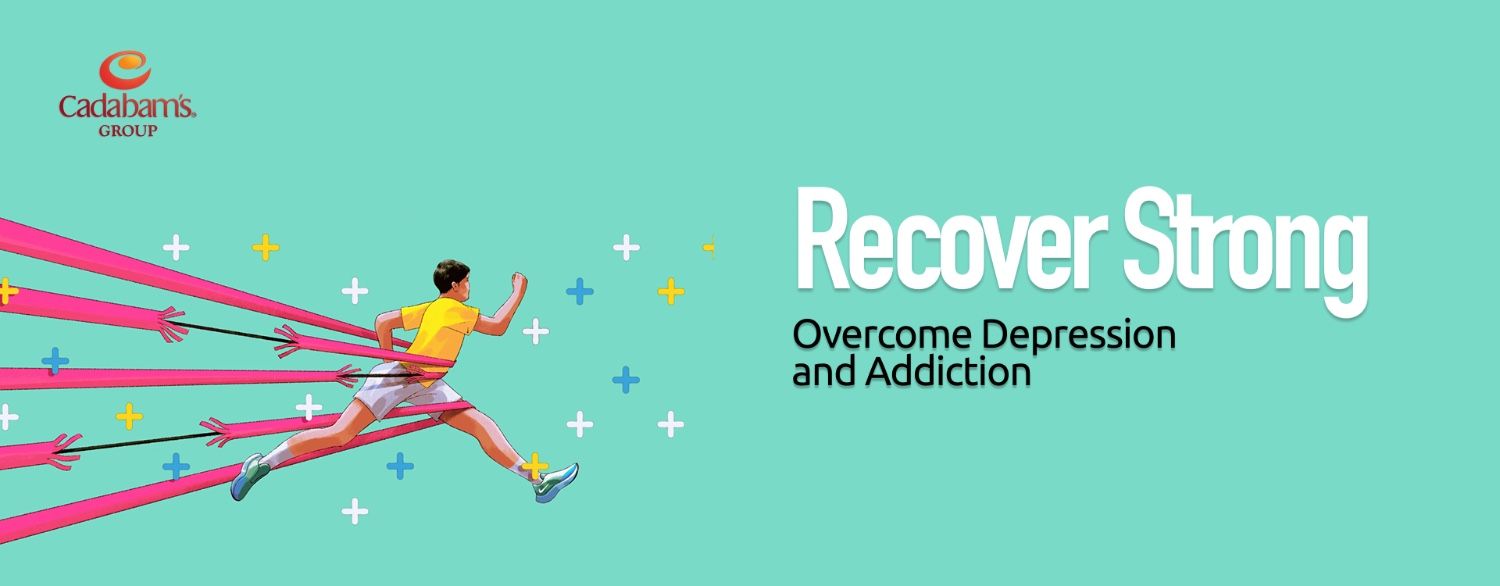
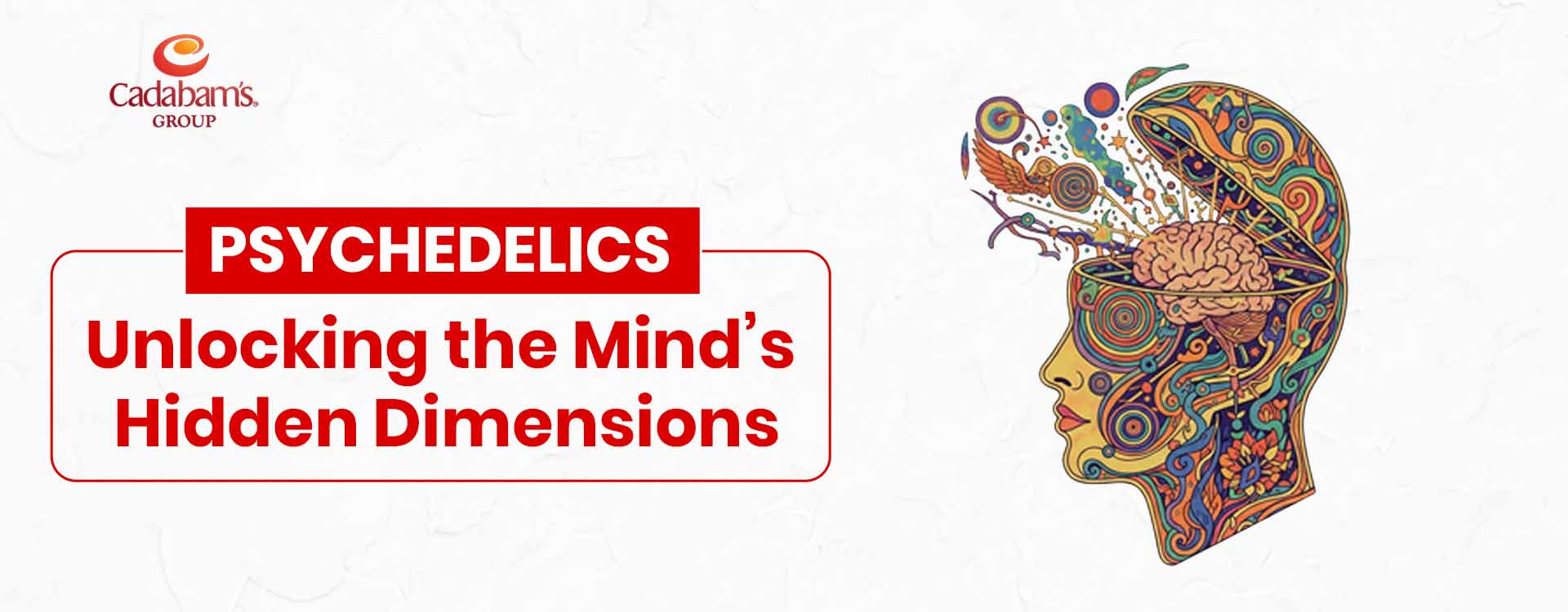
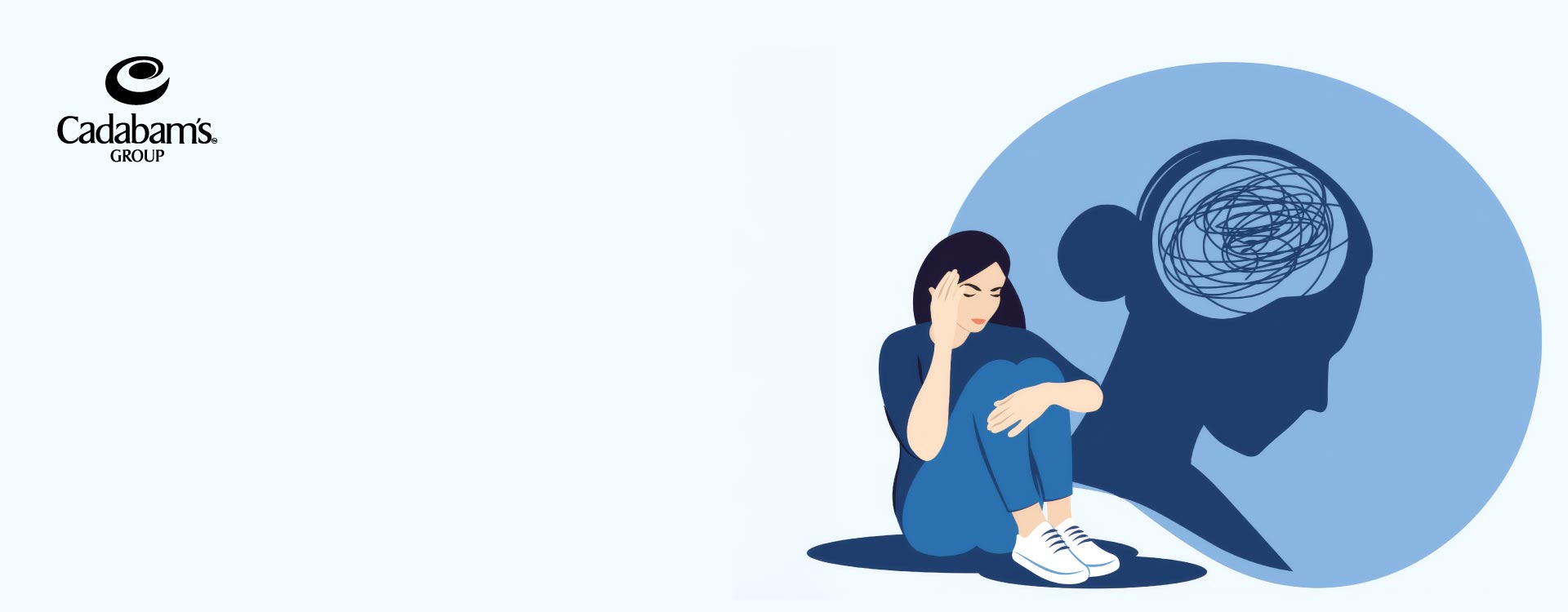
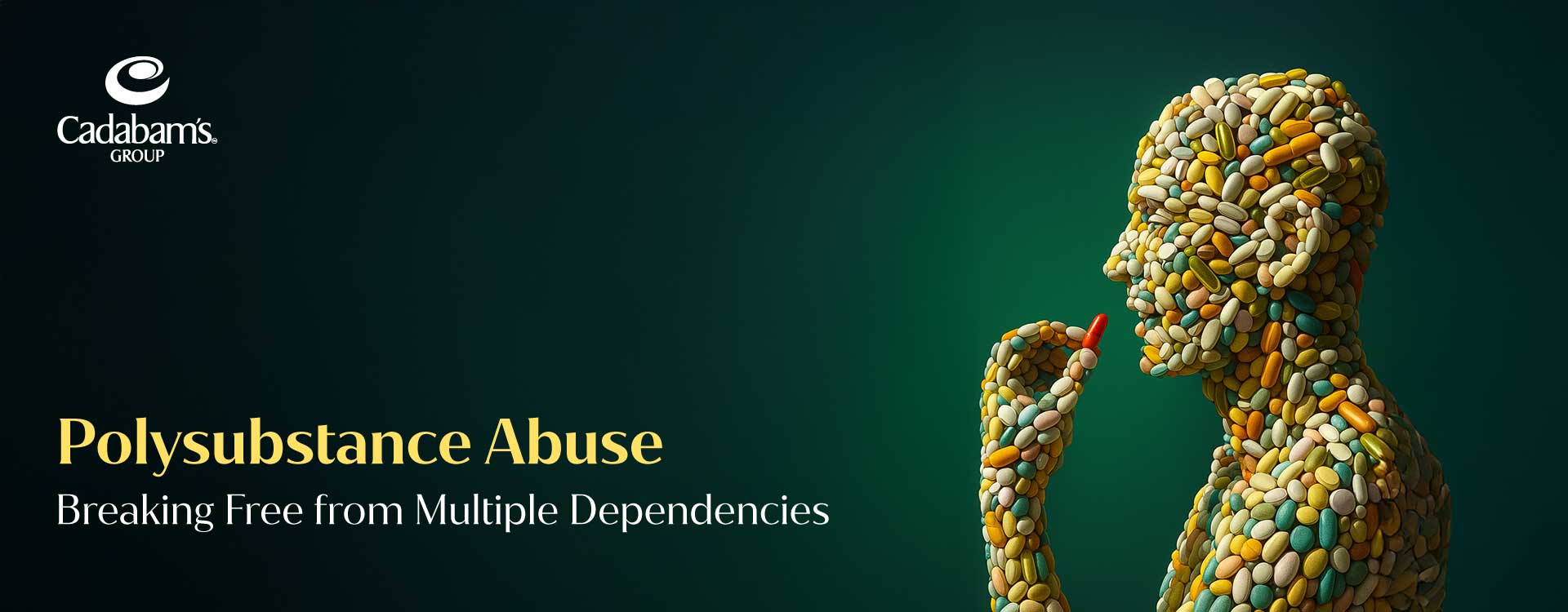


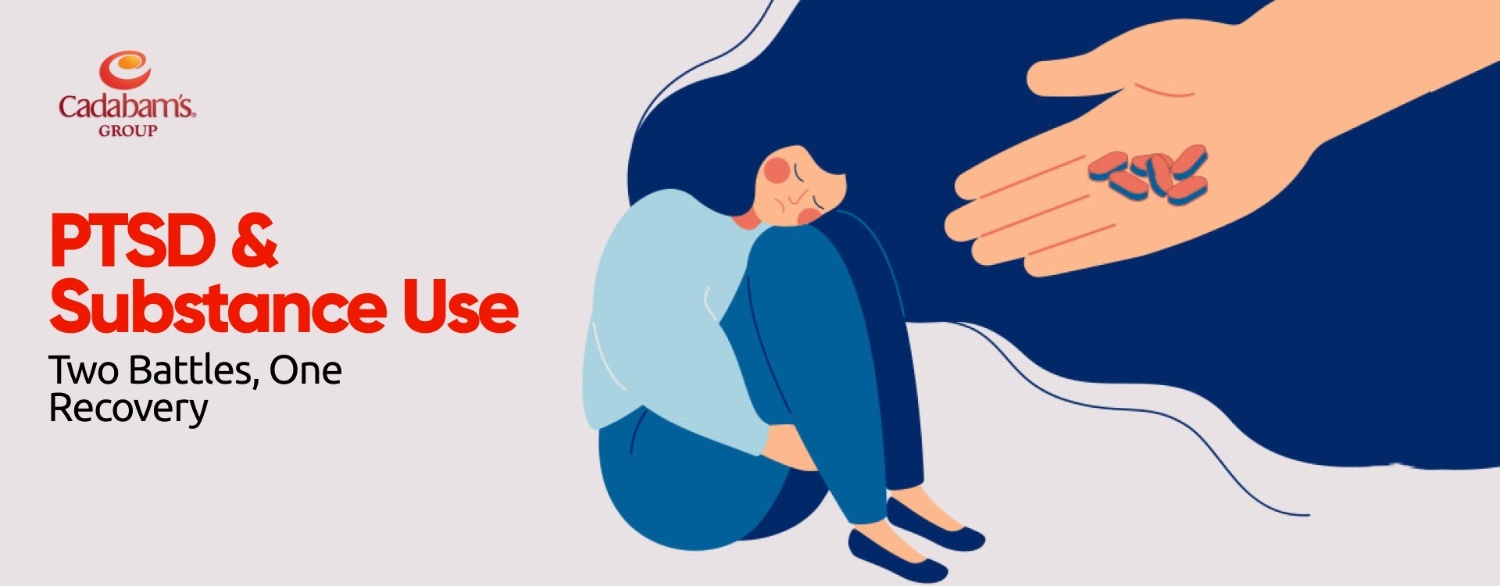









.avif)










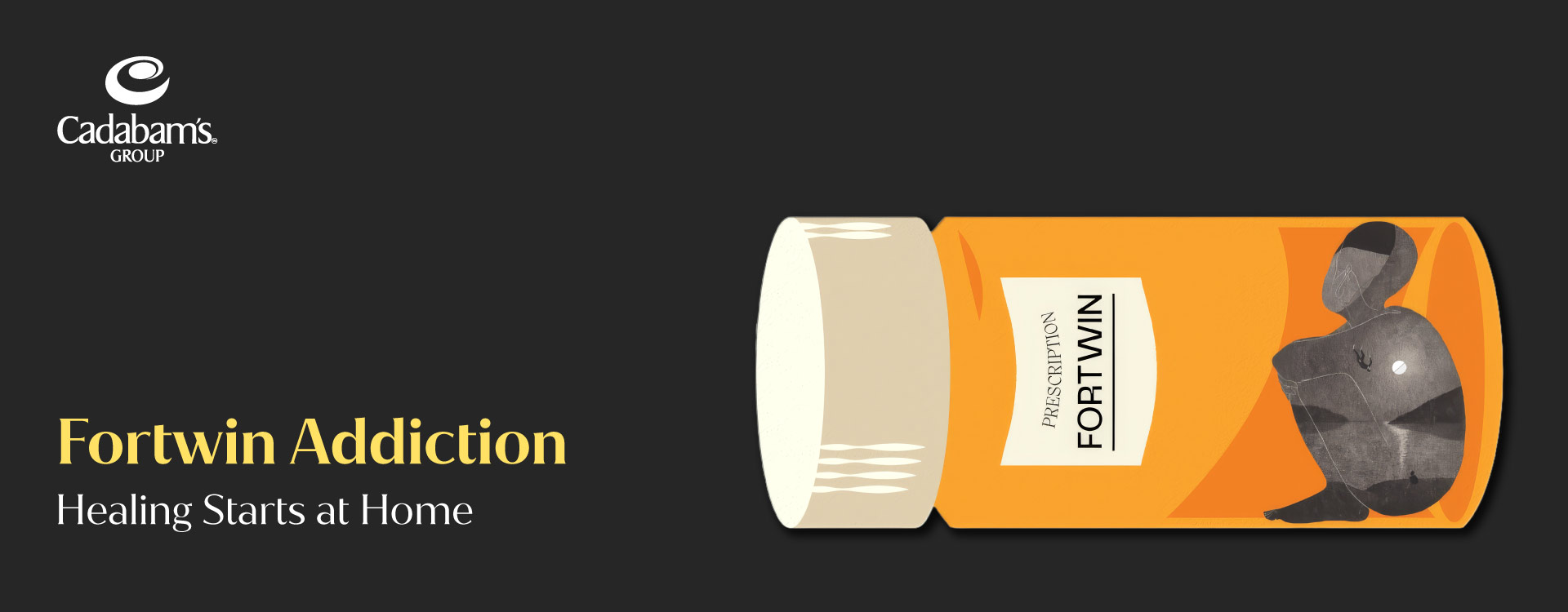
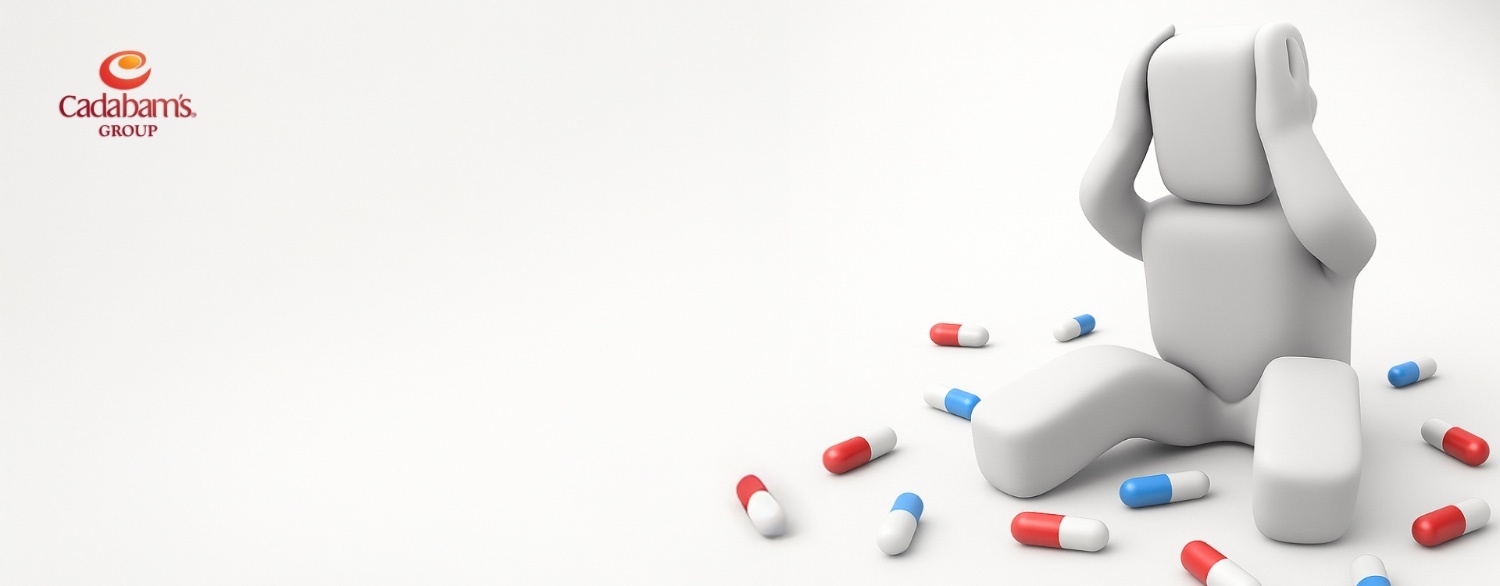




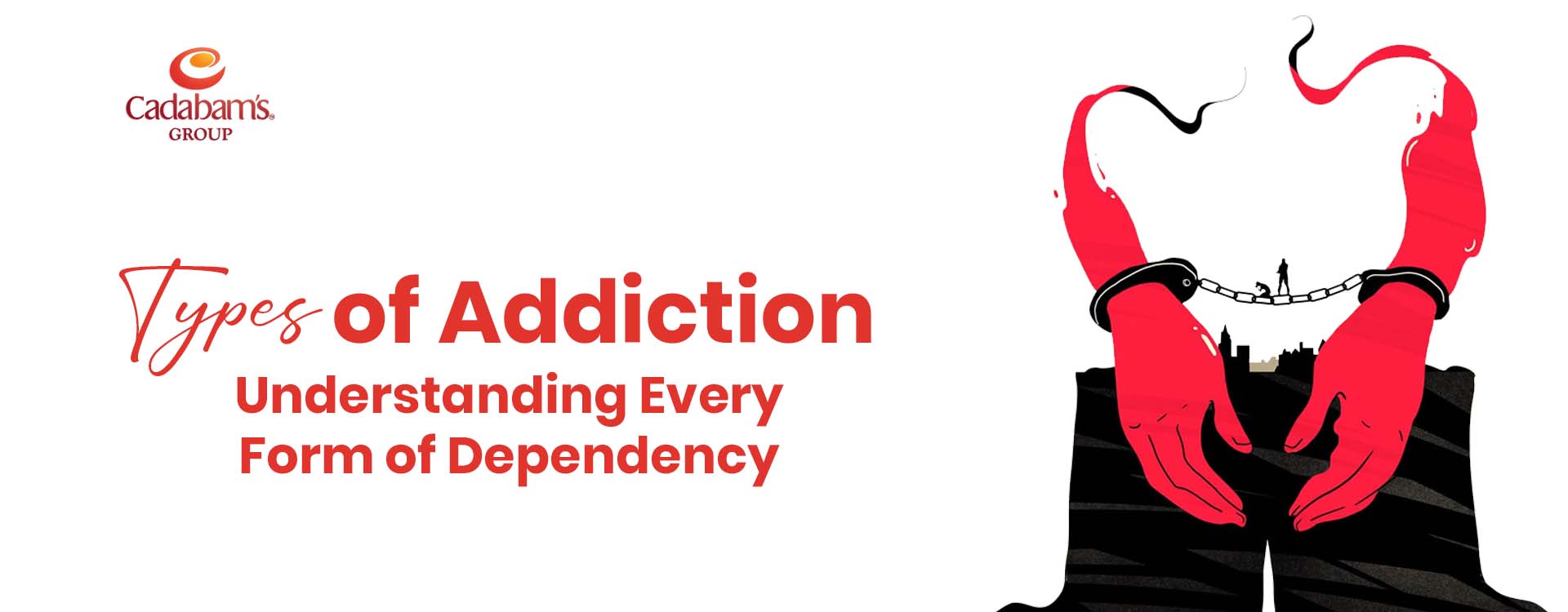








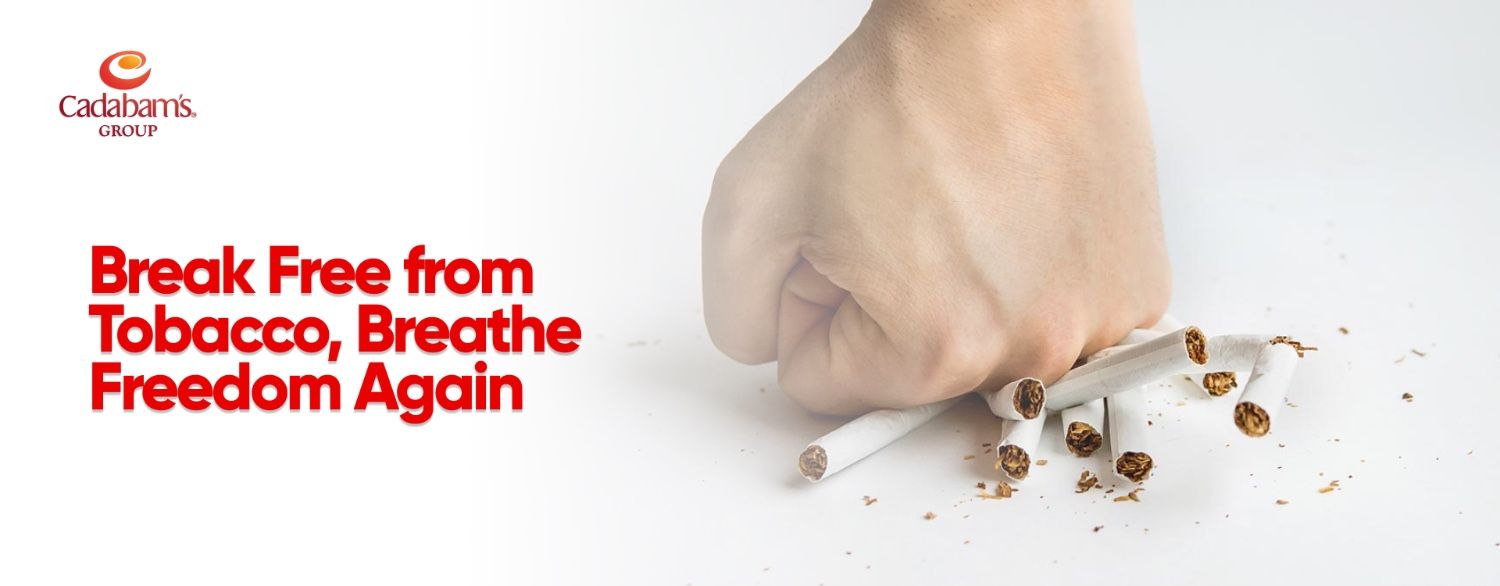











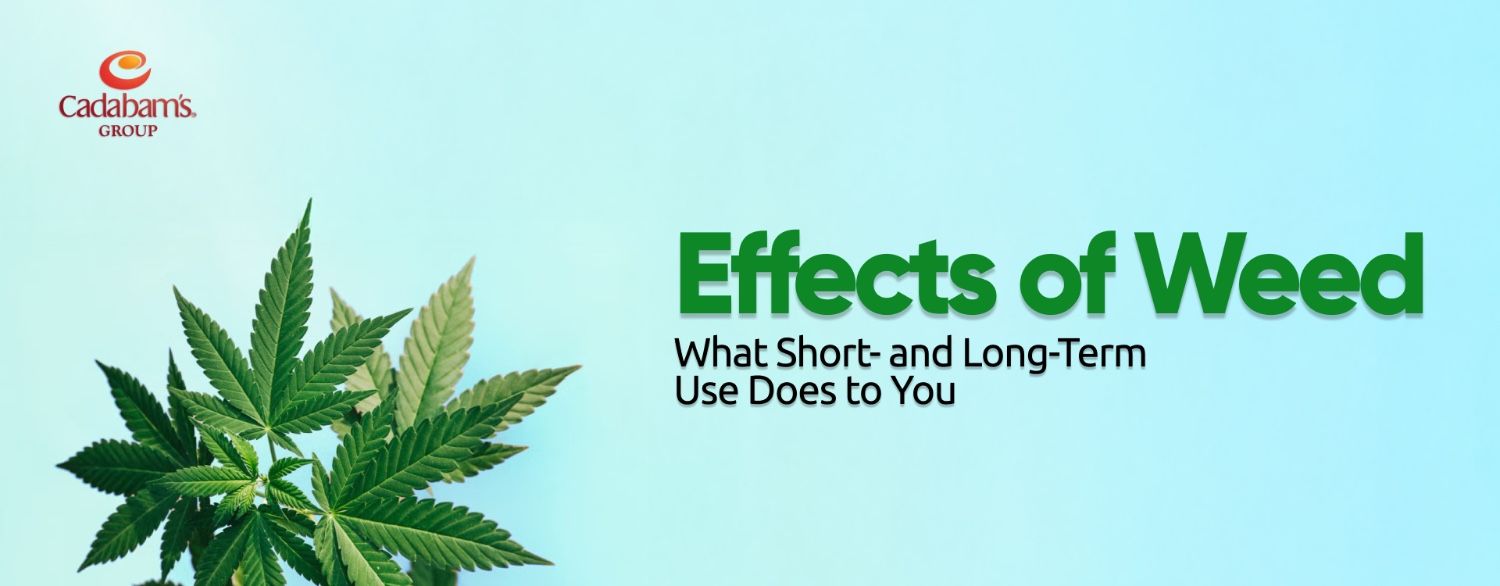
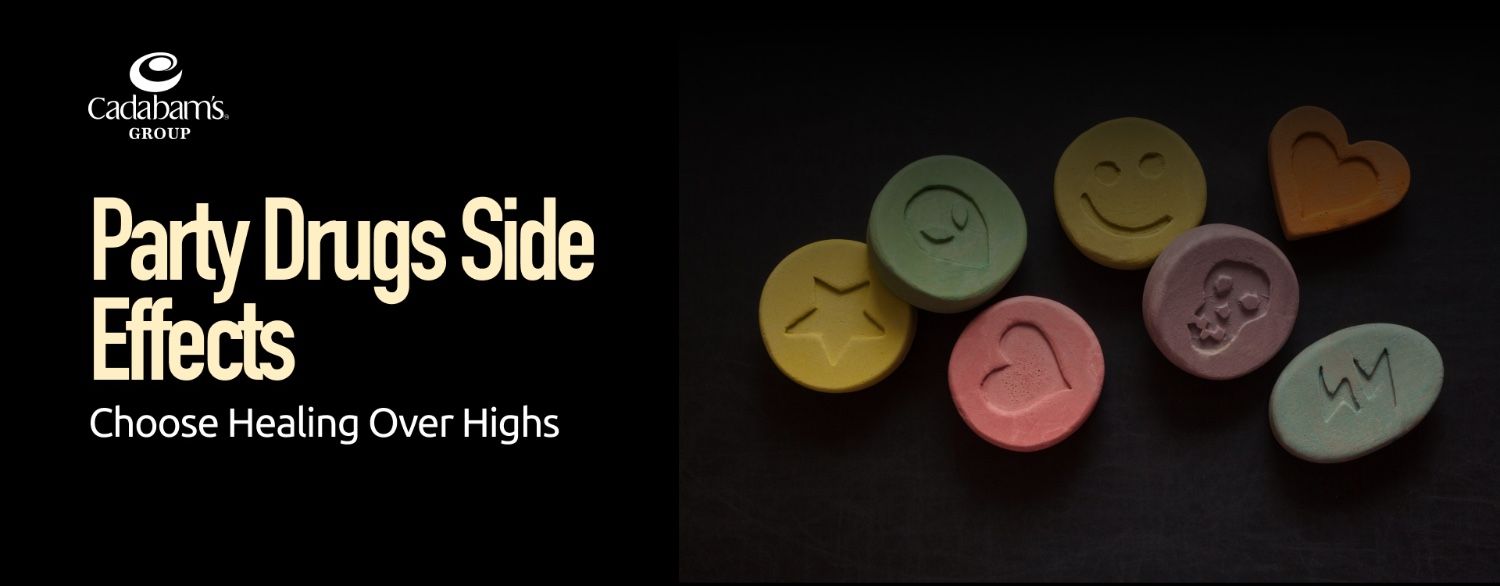
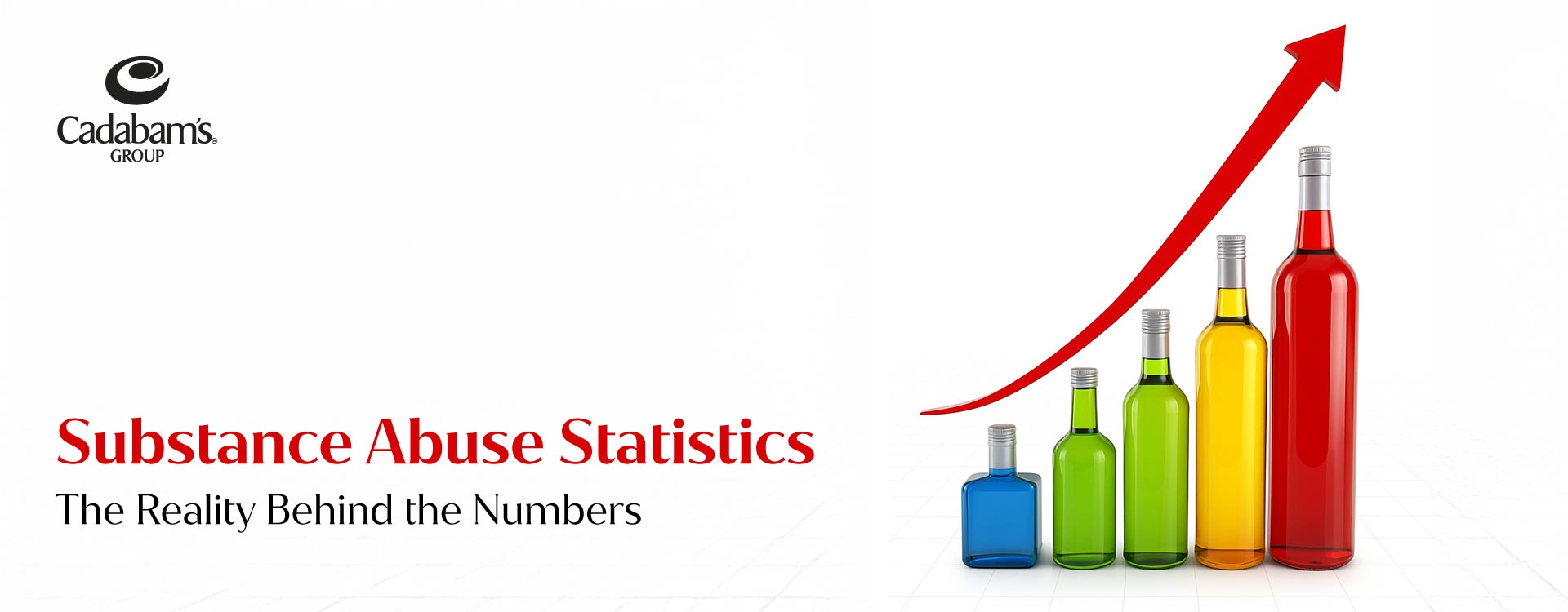

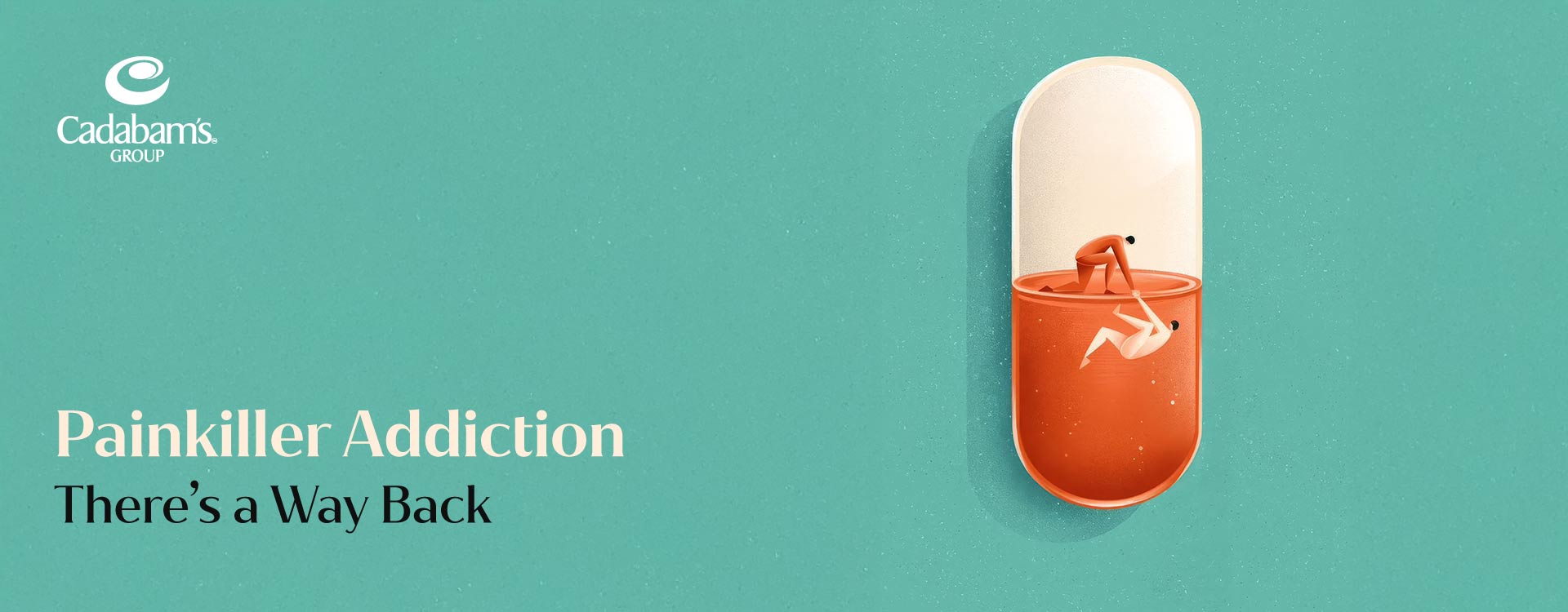



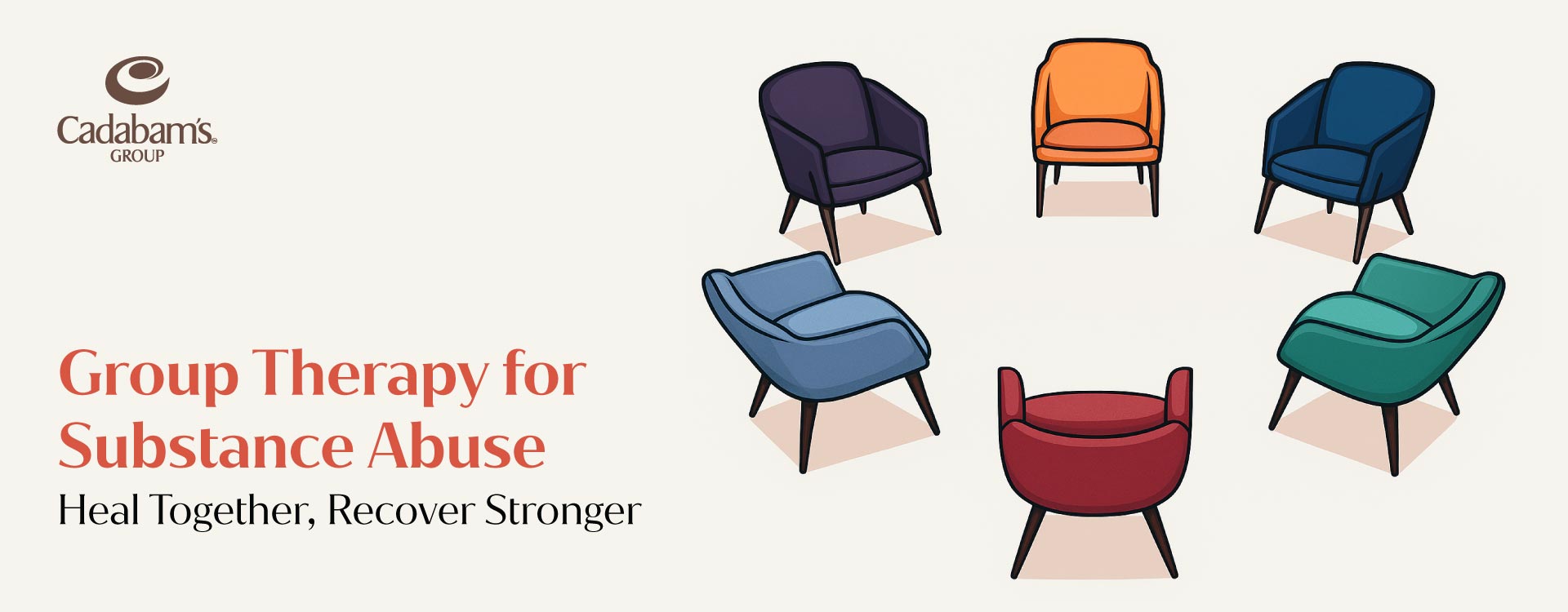



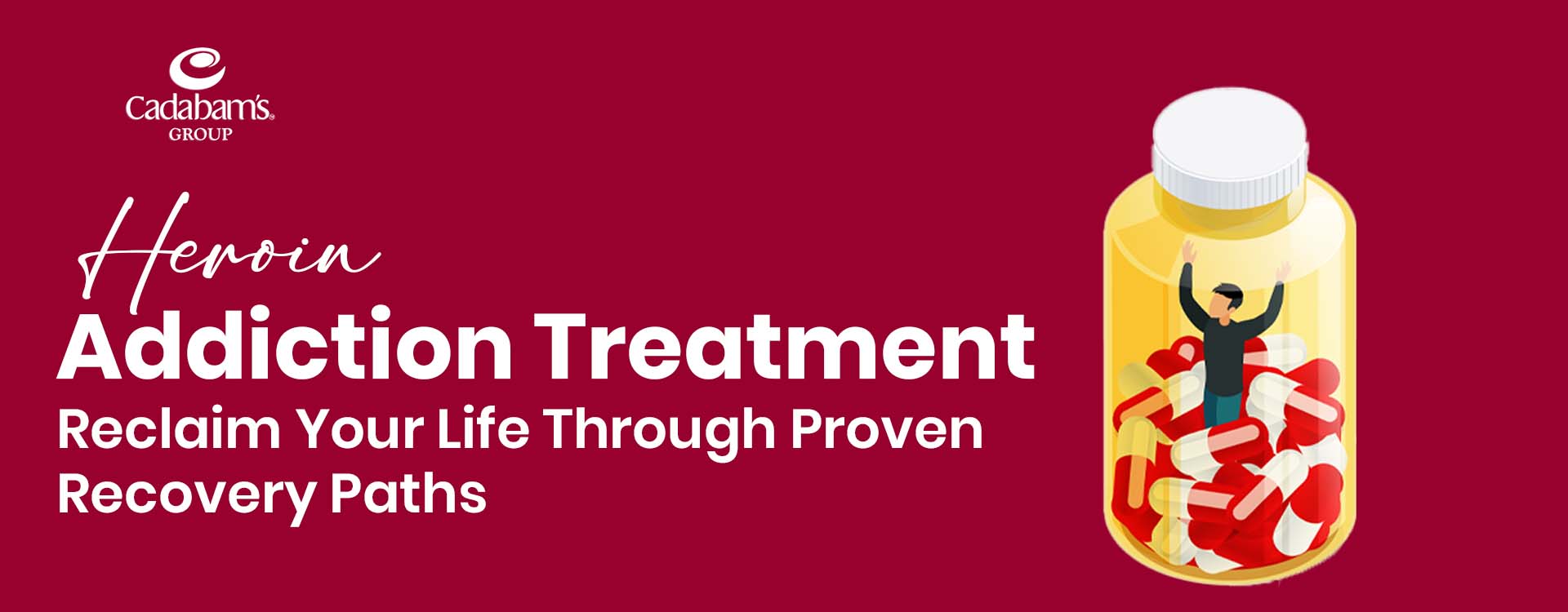
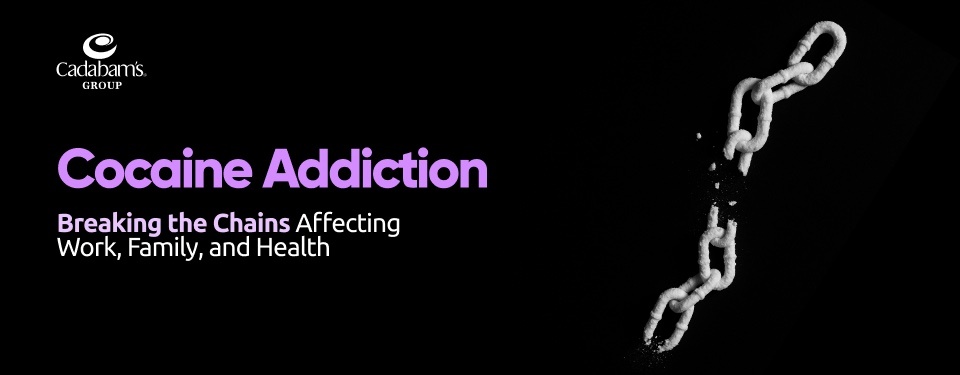
.jpeg)



